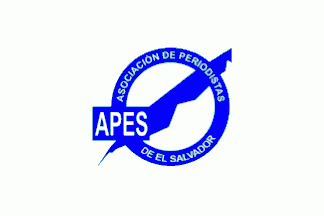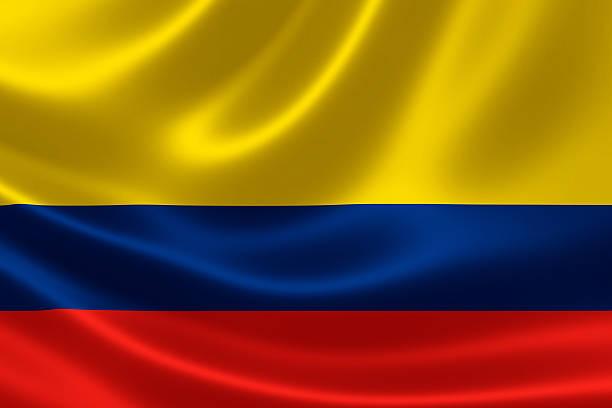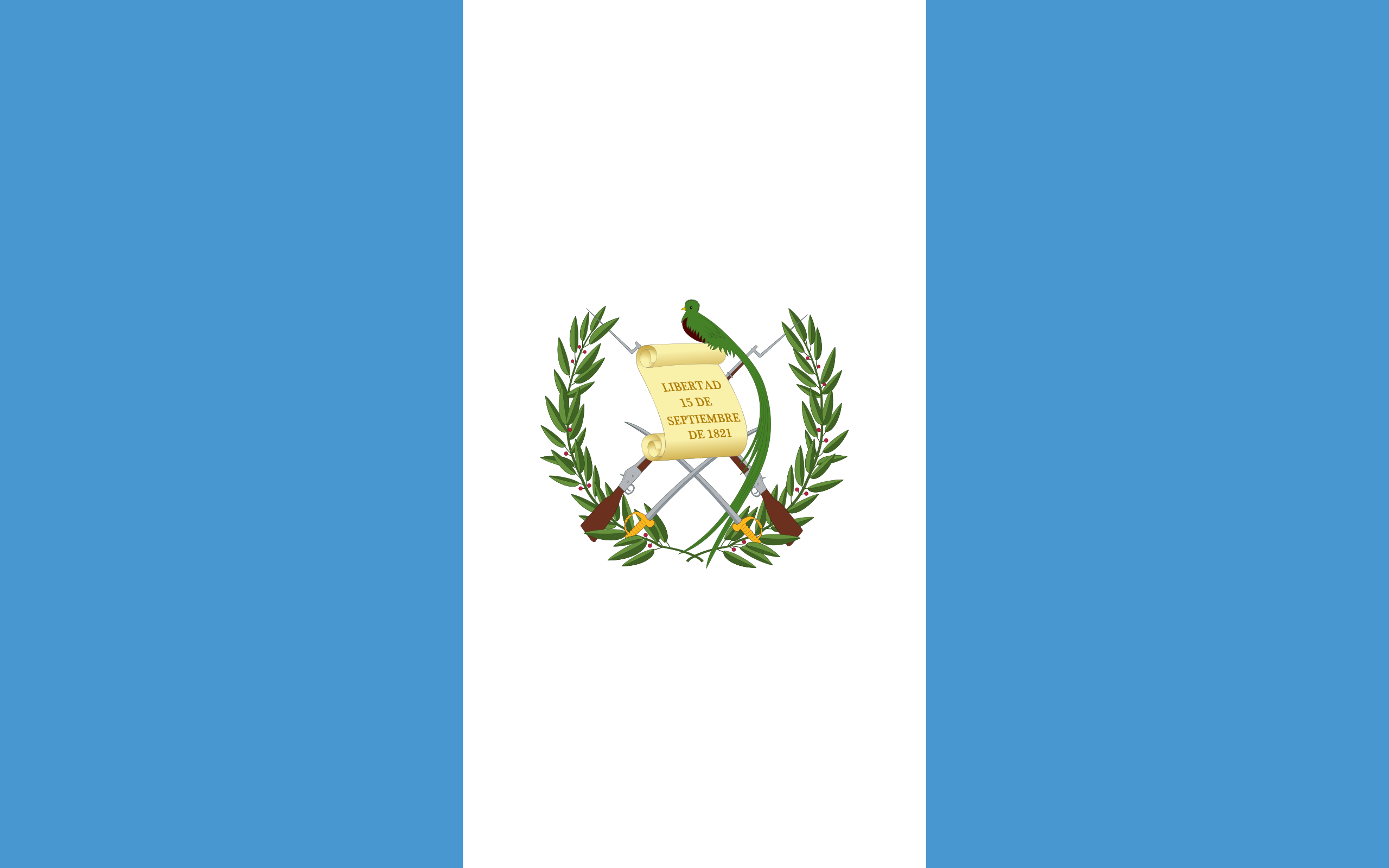Time and time again, journalists are victims of violence and repression in many Central American counties. In an effort to cut the freedom of the press, governments all over the continent have implemented laws to persecute critical media and shut down news outlets, as well as obstructing access to public information and stigmatizing individuals and outlets. But this repression is only one side of the sword. In many countries journalists and reporters are targets of threats, cyber attacks and even assassinations. This constant harassment and fear of being the next one killed or imprisoned has caused many to go into exile.
In Honduras four reporters have been killed since the beginning of 2022, a trend that has been going on for decades. Between 2001 and today 98 killings of journalists were recorded. Such violent attacks and killings usually remain without any sentence or even conviction in Honduras, a fact criticized by many. The director of the Committee for Free Expression calls this lack of punishment "enormous impunity," and the Honduras National Human Rights Commission sees the media as a victim of "extreme violence." Besides the direct violence against journalists, the state threatens the freedom of expression with laws targeting reporters, journalists and news outlets.
The exiling of reporters takes its most excessive form in Nicaragua, where nearly 200 journalists and reporters and others have gone into exile, 23 of whom were even stripped of their citizenship. As a legal rationalization, the Nicaraguan government declared these 23 individuals as traitors to the nation. In addition to the oppression of individual people, Nicaraguan authorities have taken over the daily La Prensa, the channel 100% Noticias, the two digital magazines Confidencial and Niu, and the television programs Esta Semana and Esta Noche.
In Guatemala, criminal persecution is the most serious threat to the free press. In that country many journalists, reporters and other media personal have been jailed. Since President Alejandro Giammattei took office in January 2020, 12 journalists and reporters critical of him have gone into exile.
In El Salvador violence against media personnel is a regularity.According to the Association of Journalists of El Salvador (APES), 611 cases of aggression against reporters and Journalists have been recorded since the election of President Nayib Bukele in 2019. Legal reforms in the country hindering reporters and journalists in their work have led the news outlet El Faro to move to Costa Rica in mid-April. Again and again repression has caused reporters to leave the country. Eleven individuals were forced to exit the country and 30 were spied on with the Pegasus software, provided by Israel. Between 2021 and 2022 the government has closed down three radio stations.
Another country cutting freedom of the press is Panama. Here the state regularly abuses its oppressive legal system against critics. Anti-slander, and personal data protection laws are being used by authorities to set up civil and criminal lawsuits against media outlets like La Pensa daily and the digital media site Foco. The fear of being sued, and charged with millions in fines or even prison time, leads to a climate of self-censorship within the media spectrum.
Compared to the other countries mentioned above, Costa Rica is a relatively safe harbor. In the country no journalists are reported jailed or persecuted. But even here three critical media outlets were verbally attacked by government officials.
Though these grievances have been going on for decades, the situation hasn't improved. It is important that journalists, reporters and news outlets are able to do their work safely and without having to fear persecution. We call on all Central American nations to ensure a free press and freedom of speech.




